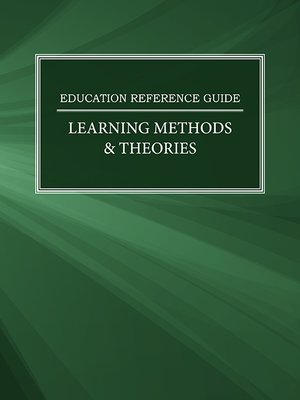
Sign up to save your library
With an OverDrive account, you can save your favorite libraries for at-a-glance information about availability. Find out more about OverDrive accounts.
Find this title in Libby, the library reading app by OverDrive.



Search for a digital library with this title
Title found at these libraries:
| Library Name | Distance |
|---|---|
| Loading... |
The collection begins with Tricia Smith’s overview of self-directed learning, a model of instruction where the teacher
determines the curriculum and the students proceed at their own pace. Self-directed learning helps students develop
personal autonomy and responsibility, as well as improve their self-esteem and promote their confidence as competent
and lifelong learners. The problem-based learning model allows students to find solutions to a “messy” problem and
focus on increasing self-directed learning. Norman Weinstein describes experiential learning as another approach to
a student-centered curriculum, as it encourages students to confront real-world experiences and applications. Jennifer
Bouchard discusses the transformative learning model, which hopes to connect classroom curriculum with a student’s
individual experiences, thus forging his or her own connection to the material. John Loeser introduces the method
of contract learning and its approach in encouraging students to demonstrate their learning by working on a chosen
task independently. This method “provides a balance between teacher direction and student initiative” and increases
student responsibility, negotiation, and autonomy.







